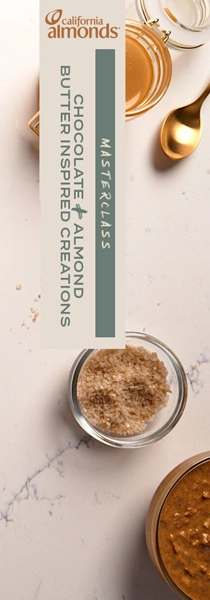
- Industry news
Industry news
- Category news
Category news
- Reports
- Key trends
- Multimedia
- Journal
- Events
- Suppliers
- Home
- Industry news
Industry news
- Category news
Category news
- Reports
- Key trends
- Multimedia
- Events
- Suppliers

3 Apr 2013 --- Food manufacturers and retailers have increased their testing programmes in the wake of the horse meat scandal. However, not only meat has come under the spotlight.
Testing of other ingredients that are also vulnerable to substitution/adulteration is also on the increase, according to RSSL, which has seen an increase in demand for authenticity tests for fish, speciality oils, and basmati rice.

"Any food ingredient that has a price premium, and similar-looking ingredients that are cheaper, are potentially vulnerable to adulteration," notes Jane Staniforth of RSSL. "When fish has been processed and presented as de-skinned fillets or flakes, it would be very difficult to identify the species by visual inspection alone. It is necessary to use DNA tests similar to those used recently to detect horse meat contamination in beef products. Products like olive oil, and other oils, require a multi-variate chemical analysis, either to identify substitution with cheaper oils, or addition of lower quality authentic oils. It is not always possible to give an absolute guarantee of authenticity but the absence or presence of certain chemical markers can give some clues."
RSSL has not seen evidence of widespread problems but accepts that manufacturers are right to be cautious. "Manufacturers will see it as part of a due diligence programme to check supplies for authenticity, as well as for other measures of safety and quality. The horse meat saga has shown that no-one can take the authenticity issue for granted."











